By Deb Wolf, Integrate

When you think about a B2B marketer’s toolkit, automation and account-based marketing (ABM) likely come to mind, and for good reason.
Over the past two decades, marketing automation paved the way for demand generation mainstays such as email marketing and measurement analytics. Meanwhile, ABM gained traction over the past five years, upending how we thought about demand marketing by shifting from an individual level to an account level.
Without a doubt, marketing automation and ABM have transformed B2B marketing and are foundational parts of a success demand strategy. But, in today’s world, these solutions alone are no longer enough to drive pipeline and contribute to revenue.
Today’s B2B world looks a lot different than it did just a year ago — it’s remote and digital, and buyers have changed how they work, consume content and engage with it. Sales teams can no longer set up high-touch, in-person meetings with prospects, and events have pivoted to online and hybrid models.
Today’s buying process is more complex, with many more variables that affect B2B marketers’ role in the buying and selling processes. We need to go beyond traditional demand gen and ABM to flexibly adapt strategies and tactics to align with our buyers and implement a buyer-driven, omnichannel, precision demand marketing approach. Marketing strategies need to evolve beyond their current capabilities, and it’s time our tried-and-true B2B marketing toolkit grows up.
Focusing On The Buyer’s Process
Successful B2B teams realize that their demand and revenue marketing must revolve around the process that matters most – the buyer’s process.
This means focusing on developing revenue generation strategies around the right mix of ideal customers, target accounts and interested buyers. It means moving beyond target account lists and impersonal marketing programs and toward consumer-like experiences that connect with real people.
What it doesn’t mean is using marketing as a lead factory. B2B organizations need to be always-on, using data and activating it around buyer and account activity. We need a more efficient, precise approach to market, ensuring our budgets and resources are effective and efficient at identifying opportunities, generating pipeline and contributing to new and expanded revenue. We need to connect with our buyers in order to move them across the funnel and convert them.
Blending ABM & Traditional Demand Gen
While ABM can be an efficient way to prioritize resources, it’s not a replacement for existing demand generation strategies — ABM alone can’t deliver results for every market segment, and ABM rarely works as an exclusive strategy.
ABM and demand gen strategies should be unified with marketing, sales, customer teams and operations. Marketing teams should aim to support accounts, buyers and customers with an always-on approach, which starts with proactively identifying, targeting and activating conversations with in-market buyers and buying groups. These include companies and personas you already identified, as well as those that aren’t part of your strategy yet.
At the end of the day, it’s about getting it “right” — engaging the right buyers and accounts with the right messages at the right times and in the right channels.
Increasing Precision, Agility & Connections
The bottom line is that marketing’s efforts need to be more precise, connected, aligned and personalized to meet today’s shifting buyer standards and our organization’s dynamic needs. Taking a precision demand marketing approach means:
- Targeting and identifying the right buyers, accounts and buying committees;
- Activating cross-channel demand campaigns to scale and orchestrate personalized experiences;
- Connecting to an integrated ecosystem to amplify reach, boost lead generation and increase conversions;
- Measuring cross-channel campaign performance with visibility across all demand channels; and
- Governing incoming and outgoing data from all demand sources for 100% marketability.
This framework empowers B2B marketers to develop and deliver a demand strategy that increases marketing’s impact on the buying and selling process while providing marketers with an agile, account-based and buyer-driven approach across all marketing channels.
It’s a new era of B2B marketing, and it’s time for marketers to reexamine what’s in their toolkit and how they use their tools. The world has changed, and we need to learn from the past, evolve for the present and prepare for the future of B2B marketing.
Deb Wolf is the CMO of Integrate, an enterprise marketing software and solutions provider. With over three decades of experience shaping marketing growth strategies and corporate direction, Wolf is a 3X Integrate customer and former customer advisory board member.




